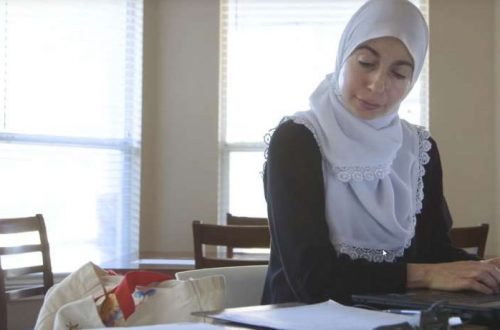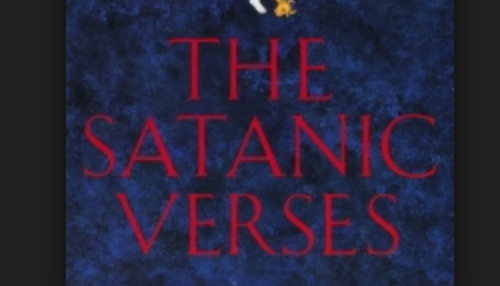Although it is positive that the LSE Atheist, Secular and Humanist Society has received an apology from Professor Craig Calhoun, the Director of the LSE, they correctly point out several unsatisfactory elements in his letter. (This does not seem to be in the public domain.)
We are disappointed by Professor Calhoun’s admission that there was no “audit trail of the number and substance of complaints received”. We believe that such flippancy does not behove the LSE’s commitment to freedom of expression, and hope that the LSE will reform its procedures to better reflect this commitment. In light of the LSE’s inability to produce any evidence of complaints, we continue to believe that there were, in fact, none, and to suspect that our real crime was to offend the politics of the officials concerned, not the sensibilities of our fellow students.
We are also disappointed that Professor Calhoun has failed to apologise for, or even acknowledge, our harassment at the hands of LSE Security and LSESU officers. We disagree with Professor Calhoun’s contention that they acted ‘in good faith’ in dealing with a ‘difficult situation’, and aver that the decisions in question were uncomplicated and taken unhurriedly, over two days. We would like to know of the punitive action taken against the LSE and LSESU staff concerned, particularly against the named senior officials of the School administration, who are guilty of more than an ordinary miscalculation.
We are also dismayed by an aside in Professor Calhoun’s decision, in which he claims he doubts that the behaviour of the LSESU officers was “a complete shock to you, particularly in light of the controversial nature of these images”. We reject this attempt to excuse the behaviour of the LSESU officers by apportioning blame to us.
We insist that the t-shirts were entirely innocuous, and that we did not wear them with the intention of causing offence, but we also maintain that genuine freedom of expression in a civilised society must protect the provocative, the offensive and the blasphemous.
We would also like to register our puzzlement at Professor Calhoun’s lament that “so much time and energy has been spent on trying to deal with this matter in the public arena before I was given an opportunity to review (the case)”. We can only wonder why Professor Calhoun did not intercede sooner himself, if only to mitigate the damage this shameful incident has done to the reputation of the LSE.
The observation that the behaviour of the LSE officers ‘cannot have come as a complete shock’ to the LSE ASH members is particularly worth pausing on. The implication, the logic, seems to be that, if it is common knowledge that some people might potentially find certain words or actions offensive, then you are partly responsible if you suffer negative consequences as a result of those words or actions. This kind of victim-blaming charge might, with equal unfairness, be levelled at a woman wearing a niqab who had suffered harassment. According to the LSE’s own statement Calhoun acknowledges that ‘the wearing of the t-shirts on this occasion did not amount to harassment or contravene the law or LSE policies.’ And yet there is this hint that the students were asking for trouble – that what happened was their fault, not the fault of the heavy handed SU officers. It is a concern that a university should be so grudging and equivocal on an issue as central to academic life as free speech.


